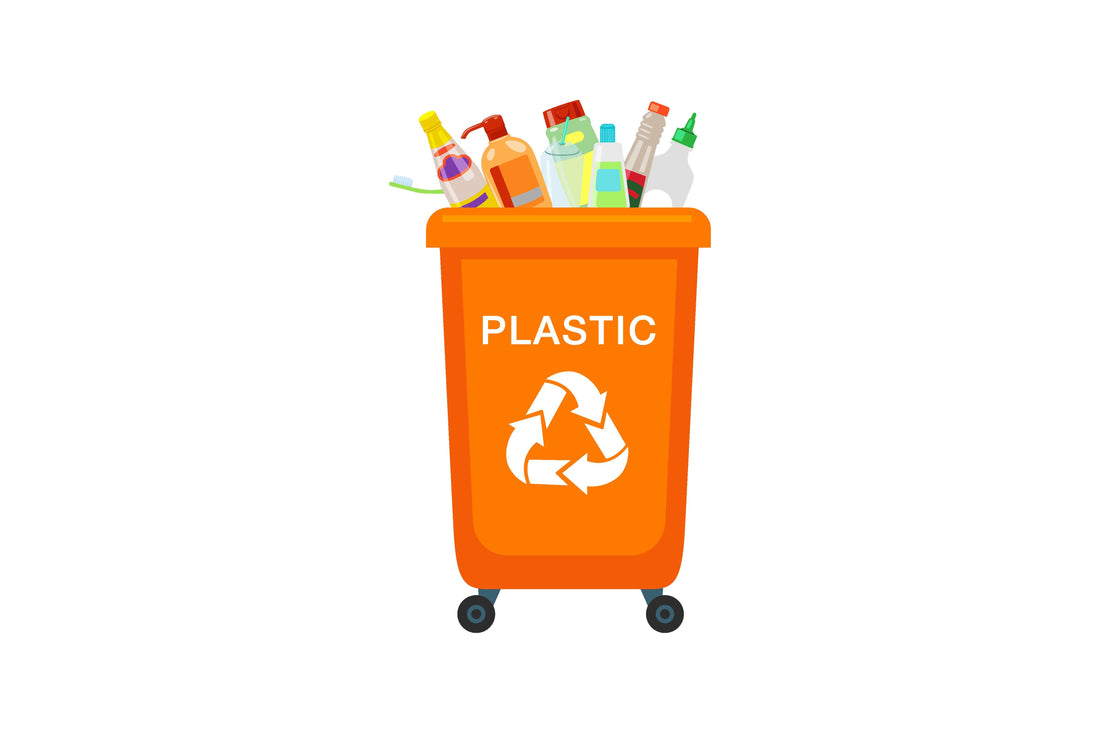In a world grappling with the overwhelming problem of plastic pollution, nature might just have a surprising solution: mushrooms capable of consuming and breaking down plastic waste. This blog post delves into the groundbreaking discovery of fungi that can degrade plastic, exploring their potential role in addressing environmental challenges and the implications for waste management and sustainability.
Uncovering Plastic-Eating Fungi
The discovery of fungi with the ability to break down plastic has sparked excitement and hope among scientists and environmentalists. One such fungus, Pestalotiopsis microspora, was identified in the Amazon rainforest and found to be capable of consuming polyurethane, a common type of plastic that is notoriously difficult to recycle and degrade. This revelation opens up new possibilities for bioremediation, the process of using living organisms to remove or neutralize pollutants from the environment.
How Do These Fungi Work?
These remarkable fungi break down plastic by secreting enzymes that can depolymerize, or break apart, the long-chain polymers that make up plastic materials. This process not only reduces the plastic to smaller, less harmful components but also offers a potentially sustainable way to manage plastic waste. Unlike traditional recycling methods, which can be energy-intensive and inefficient, fungal bioremediation offers a low-energy, environmentally friendly alternative.
Potential Applications and Challenges
The potential applications of plastic-eating fungi are vast, from large-scale environmental clean-up efforts to integration into waste management systems. However, there are also significant challenges to overcome, including optimizing the conditions for fungal growth and degradation rates, ensuring the byproducts of degradation are non-toxic, and scaling up the process for industrial or widespread environmental use.
A Step Towards Sustainable Solutions
While plastic-eating mushrooms are not a panacea for global plastic pollution, they represent an exciting avenue of research and a step towards more sustainable solutions. By harnessing the power of fungi, we can explore new ways to mitigate the environmental impact of plastic waste and move closer to a circular economy.
Conclusion
The discovery of plastic-eating fungi underscores the incredible potential of nature to offer solutions to human-made problems. As we continue to explore and understand these organisms, we are reminded of the
